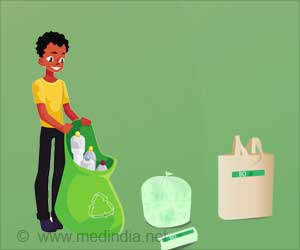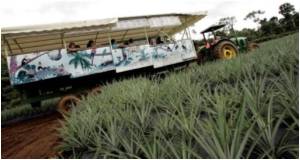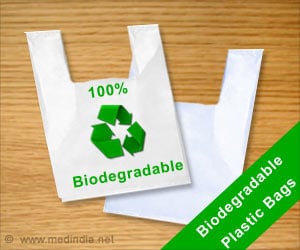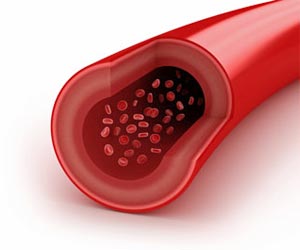Biodegradable plastics can now be created from microorganisms that feed on seaweeds, explain the researchers.

‘By creating bioplastic from seaweeds, the scientists have created a plastic completely based on marine resources and that too in a process that is friendly both to the environment and to us.’





Plastics which are made from petroleum products are themselves harmful to the environment, with an addition to that an industrial process by which they are created releases chemical contaminants as byproduct.They even take hundreds of years to decay. So bottles, packaging, and bags in the oceans, endanger animals and pollute the environment.
The reasonable solution to this problem is bioplastics, which don’t use petroleum and degrade quickly, but it comes with the problem of its own.
To create such biodegradable plastic: we need to grow plants or the bacteria in fertile soil and fresh water, which many countries, including Israel, don’t have, says Alexander Golberg from Tel Aviv University in Israel.
Sea-weed eating microbes can now help us create biodegradable plastics
Advertisement
The raw materials used for this biodegradable plastic are multicellular seaweed. These plants produce a polymer that can be used to make bioplastics.
Advertisement
“The process we propose will enable countries with a shortage of fresh water, such as Israel, China, and India, to switch from petroleum-derived plastics to biodegradable plastics said he.
Source-Medindia










